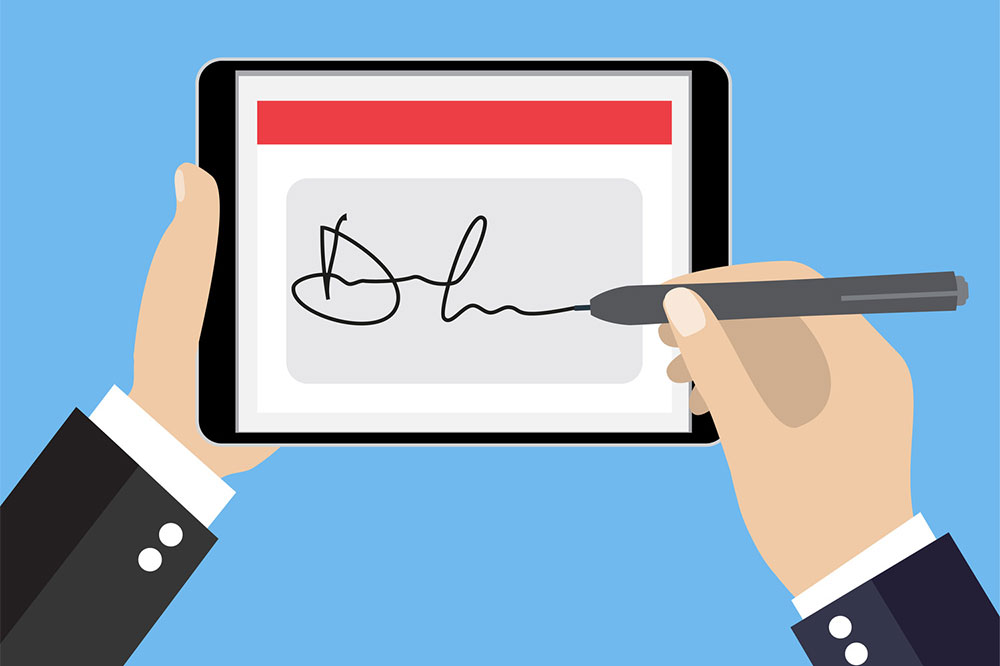Comprehensive Analysis of Employer of Record Services: Benefits and Challenges for Modern Businesses
This comprehensive article explores the advantages and challenges of using Employer of Record (EOR) services for modern businesses. It highlights how EORs can streamline HR operations, improve compliance, and reduce internal workload, while also discussing potential communication issues and procedural complexities. The piece emphasizes strategic outsourcing, selecting reputable providers, and maintaining effective oversight to maximize benefits and address challenges effectively. Suitable for organizations seeking scalable HR solutions, this guide helps businesses understand the full scope of EOR services for better decision-making.

Comprehensive Analysis of Employer of Record Services: Benefits and Challenges for Modern Businesses
In today’s highly competitive and fast-evolving market landscape, establishing an efficient and reliable workforce is essential for the success of any organization. Human resources (HR) functions form the backbone of a company's operational capability, encompassing talent acquisition, payroll management, legal compliance, employee relations, and benefits administration. Effectively managing these HR processes can significantly impact a company's growth trajectory and overall productivity. However, many businesses, especially those dealing with large or geographically dispersed workforces, face logistical and compliance challenges that can hinder their ability to manage HR internally seamlessly.
To overcome these hurdles, an increasing number of companies are turning towards outsourcing HR functions through specialized solutions known as Employer of Record (EOR) services. This strategic move allows businesses to delegate various employment-related responsibilities to a third-party provider, offering numerous benefits, but also introducing some notable challenges that need careful consideration.
Understanding the Pros and Cons of EOR Services
Advantages of Using an Employer of Record
Partnering with an EOR enables organizations, especially those expanding into new markets or managing multiple regions, to focus on core business activities such as sales, product development, and customer service. While they direct their energies toward growth strategies, the EOR assumes responsibility for payroll administration, legal obligations, compliance with local labor laws, and employee onboarding, among other HR functions. This division of responsibilities translates into significant time and resource savings, streamlining day-to-day operations and reducing administrative burdens.
Another critical benefit lies in the reduction of internal HR workload. By outsourcing these functions, companies can reallocate their HR teams’ focus toward strategic initiatives like talent development, employee engagement, and organizational culture. This shift not only promotes operational efficiency but also mitigates employee burnout in internal HR departments, fostering a healthier workplace environment conducive to productivity and innovation.
Expertise in human resources management is a primary motivation behind choosing EOR services. These providers are specialized entities with vast experience in handling complex employment laws across various jurisdictions. They ensure that all workforce activities adhere to local, national, and international employment standards, minimizing legal risks for their clients. Additionally, EOR providers offer flexible contractual arrangements, allowing companies to customize services based on specific needs, whether for short-term projects or long-term staffing solutions. Regular performance evaluations and adjustable service scopes enable continuous optimization of outsourcing relationships.
Engaging with an EOR often involves comprehensive packages that incorporate access to seasoned HR professionals, payroll specialists, legal advisors, and compliance officers. While these services entail costs, the immediate availability of skilled professionals can be more cost-effective than establishing and maintaining an in-house HR department—particularly for small to mid-sized enterprises aiming for scalable growth.
Disadvantages of Employer of Record Services
Challenges in Maintaining Personal Contact
One notable drawback of outsourcing HR functions through an EOR is the potential for communication gaps. Employees may feel a diminished sense of connection with the company since their primary HR contacts are external providers, which can impact morale, trust, and overall engagement. Building internal relationships and maintaining a consistent company culture might become more challenging when HR functions are largely managed externally.
Response Time and Responsiveness Issues
Since many EOR providers serve multiple clients concurrently, response times to employee inquiries and concerns can sometimes be delayed. This lag can lead to frustration among staff members, particularly if they perceive their issues are not being handled promptly. Such delays may negatively influence employee satisfaction and retention, making it crucial for companies to select providers known for responsiveness and proactive communication.
Operational and Procedural Complexity
Navigating new HR systems and processes introduced by EOR providers can sometimes create confusion for employees. Differences in procedures, documentation requirements, or communication channels can lead to misunderstandings or operational inefficiencies. Ensuring clear communication and comprehensive onboarding can mitigate these issues, but they require additional planning and oversight.
In conclusion, while Employer of Record services present compelling advantages—such as operational efficiency, legal compliance, and access to expert HR management—they also introduce certain challenges that organizations must carefully assess. The potential for decreased personal contact, response delays, and procedural confusion are important considerations. Ultimately, the decision to adopt EOR solutions should be based on a thorough analysis of organizational needs, long-term strategic goals, and the capacity to manage external relationships effectively.
Strategic integration of EOR services, combined with vigilant oversight and continuous communication, can help companies maximize benefits while minimizing risks. Proper selection of reputable providers, clear contractual terms, and ongoing performance evaluation are essential steps to ensure that outsourcing HR functions aligns with the company's broader mission and fosters a positive, compliant, and engaged workforce.





